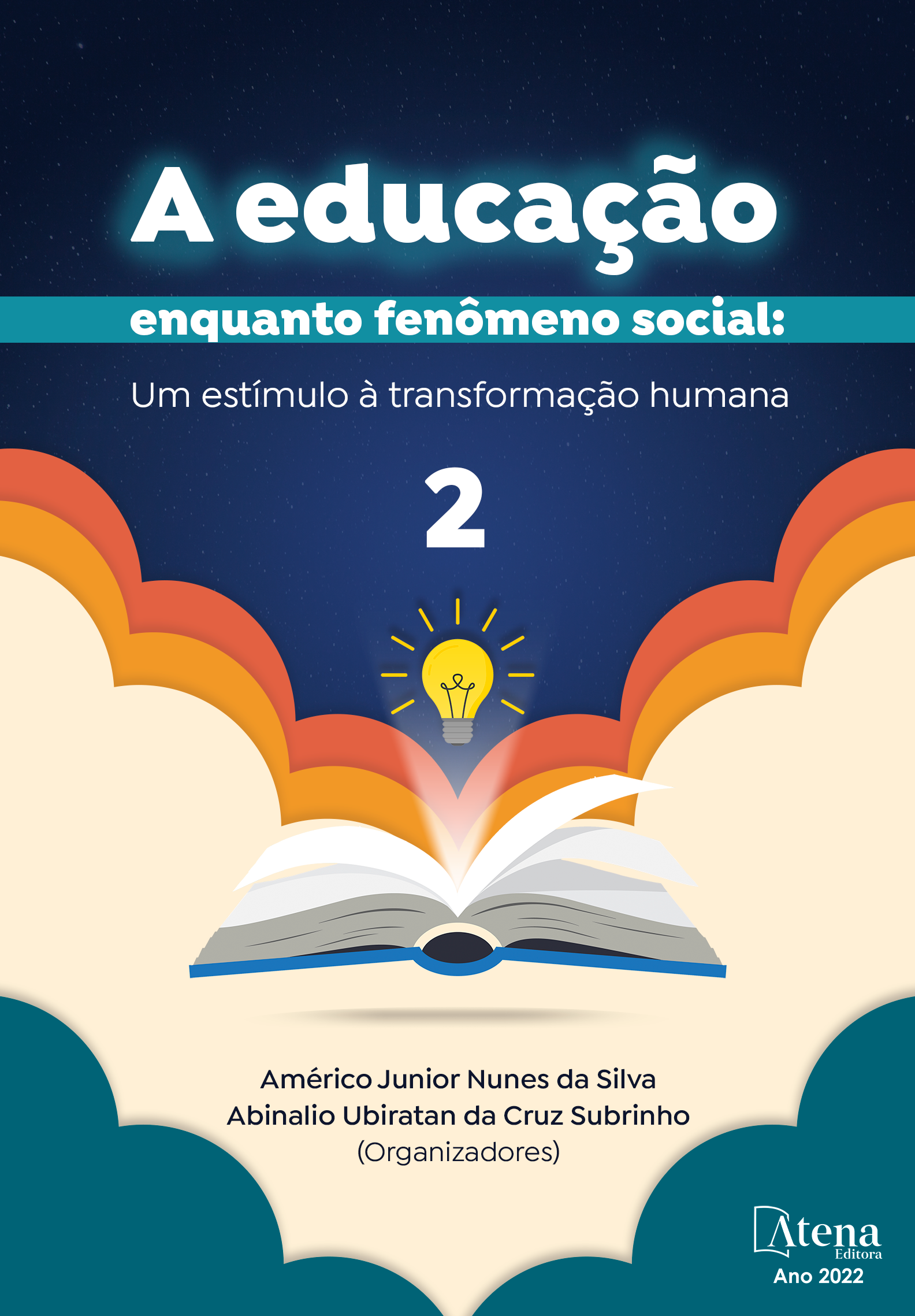
A IMPORTÂNCIA DA LÍNGUA DE ACOLHIMENTO PARA MIGRANTES E REFUGIADOS
A situação migratória mundial tem aumentado significativamente, dado pelos fatos que vêm ocorrendo no mundo todo, levado principalmente por questões político sociais, que tem obrigado pessoas de muitas nações a buscarem abrigo em países estrangeiros e, em sua maioria, de língua e cultura diferentes. Essa população é acolhida majoritariamente por ONGs e Organizações Religiosas, sendo parte desta acolhida o ensino da Língua Portuguesa, utilizada como Língua de Acolhimento. O ensino do PLAc é de caráter de urgência e afetivo, favorecendo a inserção do migrante em novos contextos sociais, devendo sempre se considerar o aspecto emocional e subjetivo da aprendizagem, tendo em mente possíveis conflitos que podem aparecer no início do processo de aprendizagem. Entende-se então que o ensino de PLAc possui particularidades, o que exige pessoas capacitadas para tal ação. O docente deve ter um preparo voltado à discussões críticas para passar isso a seus alunos, transmitindo uma visão de interculturalidade, contribuindo para a formação linguística e também na formação cidadã dos refugiados, levando-os a lutarem e exigirem seus direitos como cidadão, sem diferença alguma da população nativa do país acolhedor. Esta é uma pesquisa de caráter qualitativo, cuja fundamentação teórica baseou-se em revisão bibliográfica de autores como Bizon (2013), Amado (2012), Grosso (2007) e (2010), entre outros. Os resultados sugerem que este tema ainda requer muito cuidado e estudo, uma vez que os fluxos migratórios em todo o mundo só se acentuam, levando assim, estudiosos a buscarem as melhores maneiras de acolher estes migrantes.
A IMPORTÂNCIA DA LÍNGUA DE ACOLHIMENTO PARA MIGRANTES E REFUGIADOS
-
DOI: 10.22533/at.ed.62222110315
-
Palavras-chave: Refúgio. Acolhimento. Língua. Português
-
Keywords: Refuge. reception. Tongue. Portuguese
-
Abstract:
The world migratory situation has increased significantly, given the facts that have been happening all over the world, driven mainly by political and social issues, which have forced people from many nations to seek shelter in foreign countries and, for the most part, with different language and culture. This population is mostly welcomed by NGOs and Religious Organizations, part of which is the teaching of the Portuguese language, used as a welcoming language. The teaching of PLAc is urgent and affective, favoring the insertion of migrants in new social contexts, always considering the emotional and subjective aspect of learning, bearing in mind possible conflicts that may appear at the beginning of the learning process. It is understood then that the teaching of PLAc has particularities, which requires trained people for such action. The teacher must have a preparation aimed at critical discussions to pass this on to their students, transmitting a vision of interculturality, contributing to the linguistic formation and also in the citizenship formation of the refugees, leading them to fight and demand their rights as citizens, without difference. some of the host country's native population. This is a qualitative research, whose theoretical foundation was based on a literature review of authors such as Bizon (2013), Amado (2012), Grosso (2007) and (2010), among others. The results suggest that this topic still requires a lot of care and study, since migratory flows around the world are only increasing, thus leading scholars to seek the best ways to welcome these migrants.
-
Número de páginas: 13
- Angela Cristina Dias do Rego Catonio
- Ádani Lopes Brito


